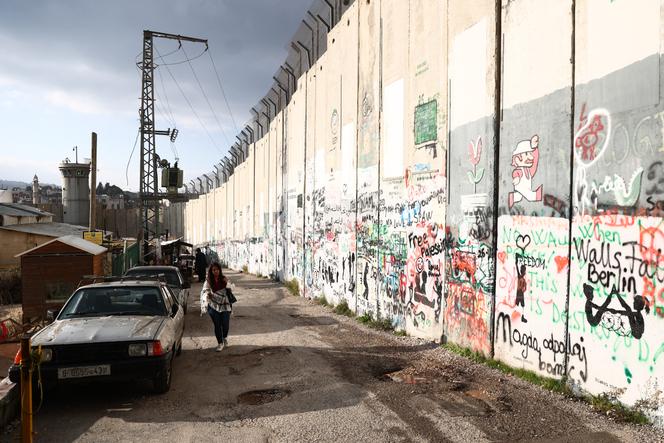


The judges of the International Court of Justice (ICJ) are preparing to examine the heart of the Israeli-Palestinian conflict at hearings to be held at the Peace Palace in The Hague from February 19 to 26. These debates are not linked to the request by South Africa, which, at the end of December 2023, accused Israel of genocide against Palestinians in Gaza. The hearings that will open on Monday were launched a year earlier, in December 2022. At that time, the UN General Assembly had asked the UN's highest court to issue a legal opinion on Israel's occupation of the Palestinian territories.
According to the resolution adopted at the end of 2022 by 87 States, with 53 abstentions and 26 votes against, the judges are called upon to draw "the legal consequences of Israel's violation of the Palestinians' right to self-determination, its occupation, colonization and prolonged annexation of Palestinian territory since 1967." In other words, the judges are to rule on the legality of Israel's occupation.
The issue is not new. The Israel-imposed government in the West Bank and Gaza Strip dates back more than half a century. Several reports by the UN Office of the High Commissioner for Human Rights have deemed the occupation illegal "because of its permanence and the de facto annexation policies of the Israeli government". But no judge has so far confirmed this. Although the ICJ's legal opinions are not binding, they do carry considerable political weight, as law experts like to point out.
A total of 52 states and three organizations – the African Union, the Arab League and the Organization for Islamic Cooperation – have volunteered to speak. Palestine will begin on February 19. The delegation, led by Foreign Minister Riyad Al-Maliki, will speak for three hours. "This is not only historic for our people and our just cause," declared Palestine's ambassador to the Netherlands, Rawan Sulaiman, on Friday, February 16. "It's also historic for international law and justice."
Israel will not be speaking in The Hague, but, in July 2023, the nation submitted to the court a short five-page brief, which Le Monde has been able to consult. Israel has rejected the procedure, denouncing "a clear distortion of the history" of the conflict, and has criticized "the refusal of the Palestinian leadership [to accept] offers to settle the conflict and establish a Palestinian state alongside Israel." The document was submitted to the court before the October 7, 2023 attacks by Hamas in southern Israel, in which 1,200 Israelis were killed, most of them civilians.
You have 60% of this article left to read. The rest is for subscribers only.
